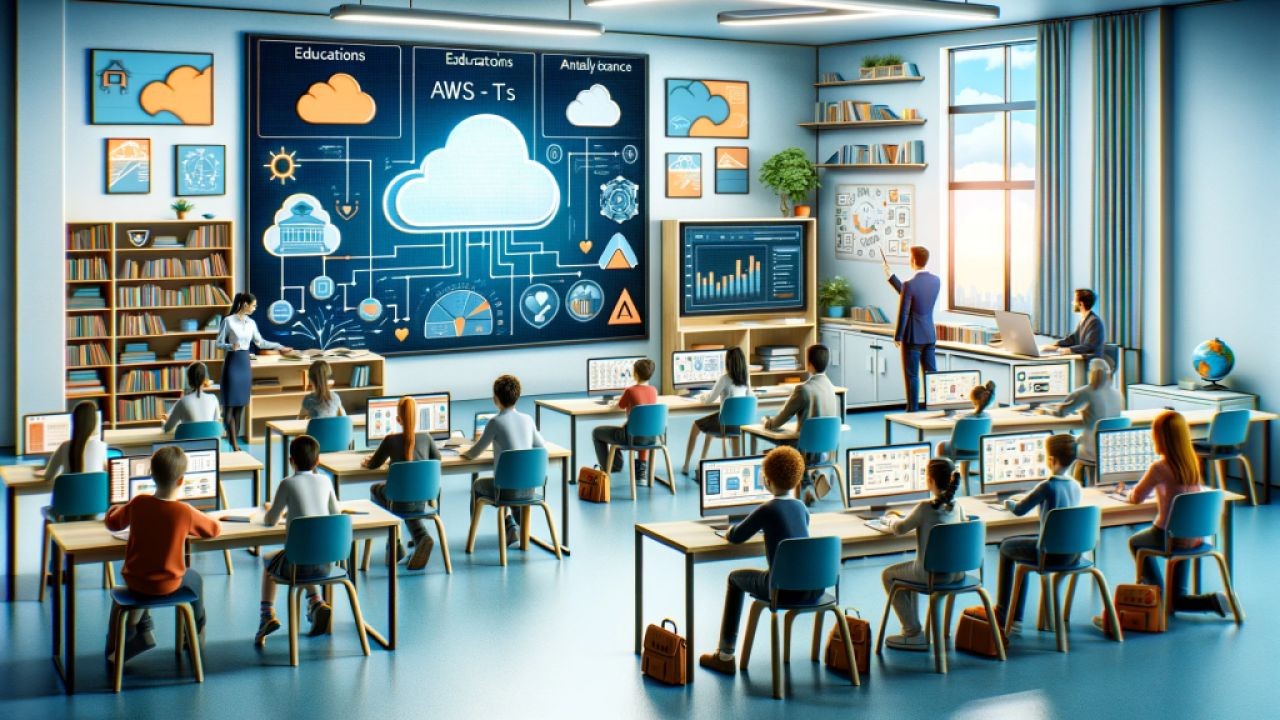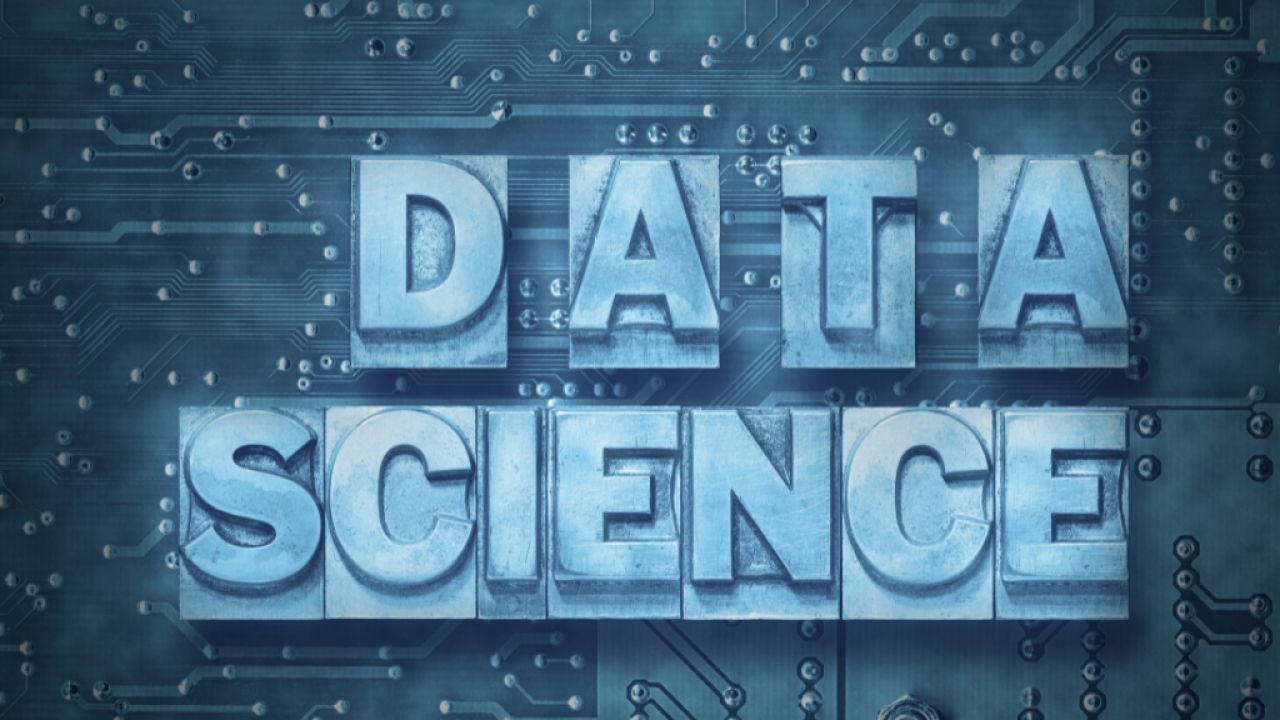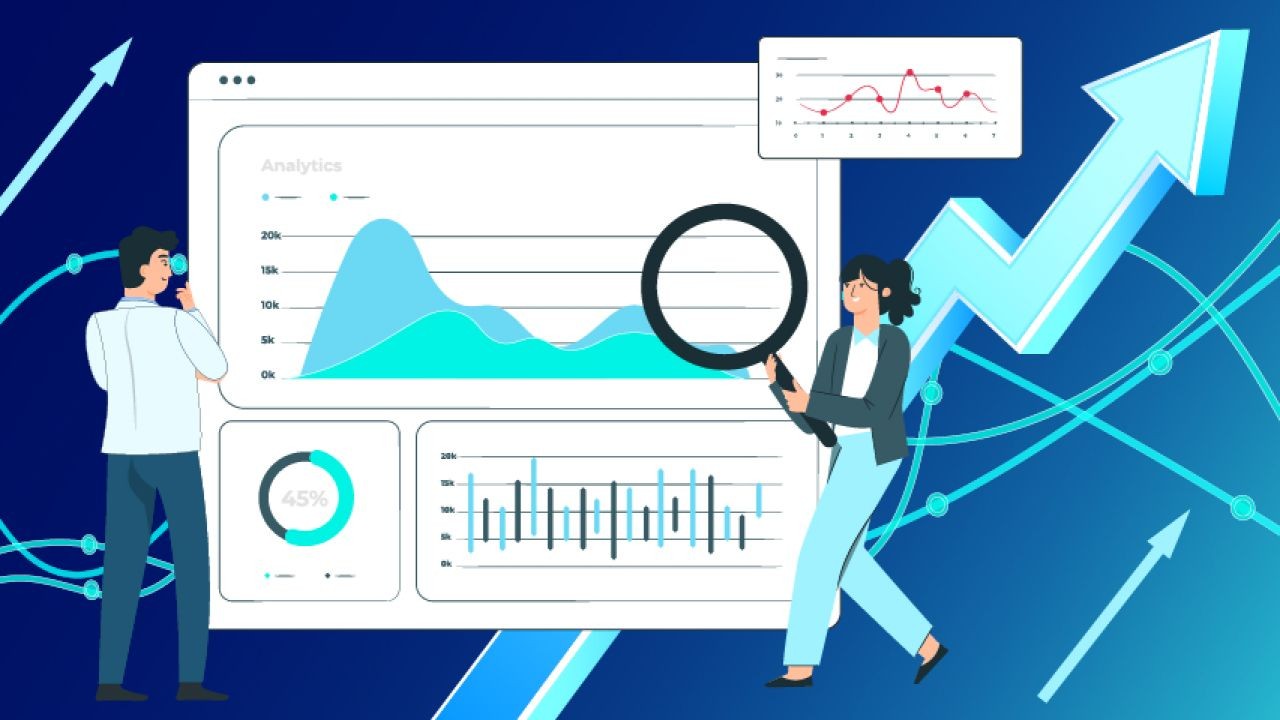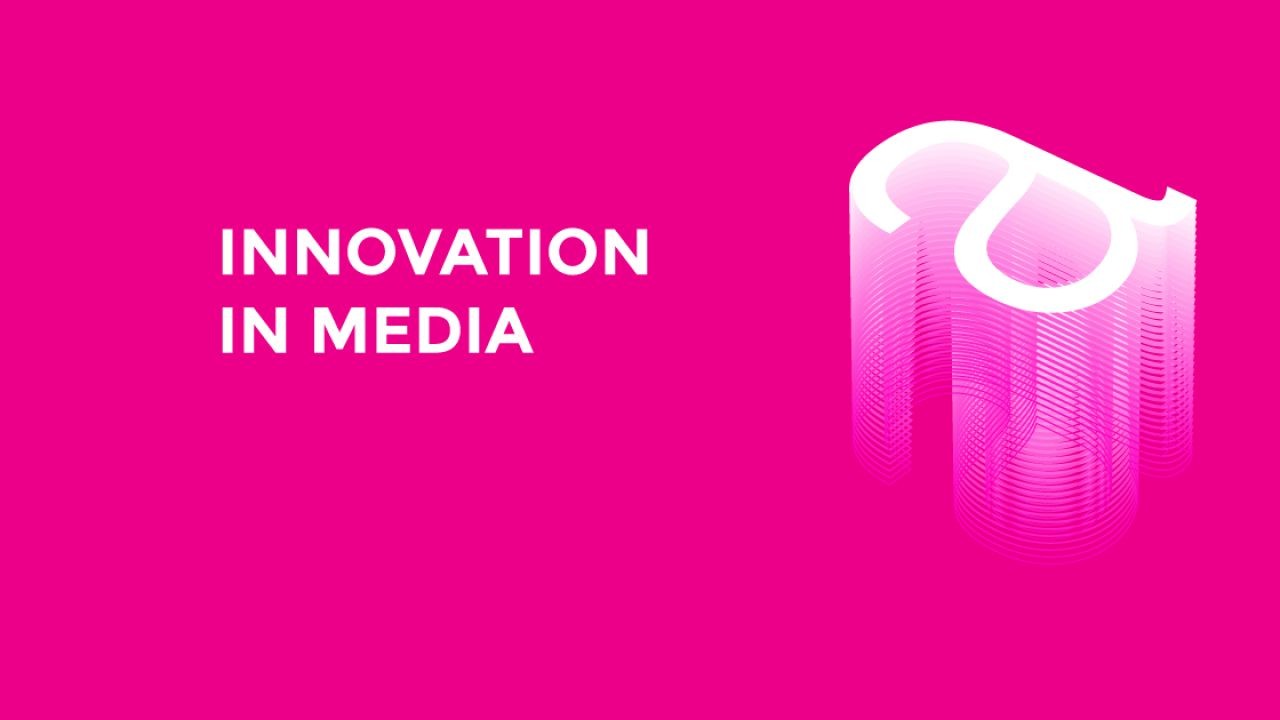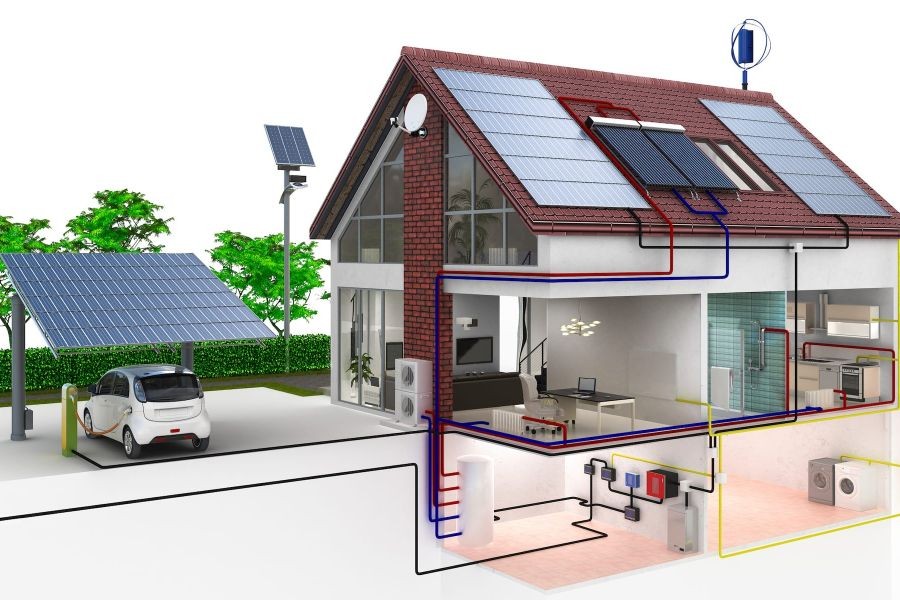In recent years, the New Zealand education system has faced significant shifts driven by technological advancements, demographic changes, and evolving economic demands. As we look to the coming decade, the landscape of education in New Zealand is poised for even more transformative change, reshaping how students learn and educators teach. This evolution is not only crucial for the future workforce but also for aligning with global trends and maintaining New Zealand's competitive edge.
The Current Landscape and Catalysts for Change
New Zealand's education system has traditionally been lauded for its quality and inclusivity. However, with rapid globalization and technological integration, there is an increasing need for the system to adapt. According to a report by the Ministry of Business, Innovation, and Employment (MBIE), there is an urgent need to align educational outcomes with the skills required by industries, particularly in technology and digital sectors.
Technological Integration in Classrooms
One of the most significant changes in the coming decade will be the integration of technology in classrooms. This is not just about providing students with the latest gadgets but using technology to enhance learning experiences and outcomes. For instance, virtual reality (VR) and augmented reality (AR) tools are being explored to make learning more interactive and engaging. These technologies can bring historical events to life or allow students to explore complex scientific concepts in a virtual space.
Case Study: Newlands College, Wellington
Newlands College in Wellington is a leading example of how technology is being integrated into the classroom. The school implemented a program where students use AR to study biology, allowing them to visualize and interact with complex biological processes. This initiative has reportedly increased student engagement and improved understanding of challenging concepts. The success of such programs highlights the potential for technology to revolutionize education in New Zealand.
Personalized Learning Paths
Another trend set to define the future of education in New Zealand is personalized learning. This approach tailors education to the individual needs, strengths, and interests of each student, often using data-driven insights. A study by the University of Auckland found that students who engage in personalized learning environments show improved academic performance and higher engagement levels.
However, implementing personalized learning at scale presents challenges, including the need for sophisticated data systems and trained educators capable of managing diverse learning paths. Despite these challenges, the potential benefits make it a crucial area for development.
Addressing the Skills Gap
The New Zealand workforce is currently experiencing a skills gap, particularly in technology, engineering, and digital literacy. According to Stats NZ, there is a projected shortfall of qualified professionals in these fields, which could impact the country's economic growth. To address this, the education system must evolve to produce graduates with the skills required by modern industries.
Case Study: The Tertiary Education Commission's Initiatives
The Tertiary Education Commission (TEC) has launched initiatives aimed at closing the skills gap by aligning tertiary education with industry needs. One such program involves partnerships with tech companies to provide students with real-world experience and exposure to industry challenges. These initiatives are crucial in ensuring that students are work-ready upon graduation, thereby reducing the skills gap and enhancing economic productivity.
Pros and Cons of Technological Integration
- Pros:
- Enhanced Engagement: Technology can make learning more interactive and engaging.
- Access to Resources: Students can access a wealth of information and learning materials online.
- Preparation for Future Careers: Familiarity with technology prepares students for tech-driven careers.
- Cons:
- Equity Concerns: Not all students have equal access to technology, leading to disparities.
- Dependence on Technology: Over-reliance can diminish basic skills like critical thinking.
- Privacy Issues: Use of technology in education raises concerns about data privacy and security.
Common Myths About Education Evolution
- Myth: "Technology will completely replace teachers." Reality: Technology is a tool to assist teachers, not replace them. Teachers play a crucial role in guiding and mentoring students, which technology cannot replicate.
- Myth: "Personalized learning is too costly to implement." Reality: While initial costs can be high, the long-term benefits of improved student outcomes justify the investment.
- Myth: "All students will benefit equally from technological integration." Reality: Benefits vary among students based on individual needs and access to resources. Equity must be addressed to ensure all students benefit.
Future Trends and Predictions
Looking to the future, several trends are likely to shape the evolution of New Zealand's education system:
- Increased Focus on STEM Education: As industries evolve, there will be a heightened emphasis on Science, Technology, Engineering, and Mathematics (STEM) subjects.
- Hybrid Learning Models: With the lessons learned from the pandemic, hybrid models combining online and in-person learning will become more prevalent.
- Global Collaboration: New Zealand's education system will increasingly collaborate with international institutions, allowing students to access a global curriculum.
According to a Deloitte report, by 2030, New Zealand's education system will have a strong digital component, with a significant proportion of learning occurring online. This shift will require new policies and frameworks to ensure quality and equity in education.
Conclusion
The evolution of New Zealand's education system in the coming decade will be characterized by technological integration, personalized learning, and a focus on addressing the skills gap. While challenges exist, the potential benefits of a more responsive and dynamic education system are significant. To stay ahead, education stakeholders must be proactive in adopting new technologies and methodologies.
As educators, policymakers, and technology strategists, the onus is on us to ensure that the education system evolves to meet the demands of the future. What are your thoughts on the future of education in New Zealand? Share your insights below!
People Also Ask
- How will technology impact education in New Zealand? Technology will make learning more interactive and accessible, preparing students for tech-driven careers.
- What are the challenges of personalized learning? Implementing personalized learning requires sophisticated data systems and trained educators.
- Why is addressing the skills gap important? Closing the skills gap is crucial for economic growth and reducing unemployment in tech sectors.
- What future trends will shape education? Increased focus on STEM, hybrid learning models, and global collaboration are key trends.
- Who benefits from educational evolution? Students, educators, and industries benefit as education becomes more aligned with industry needs.
Related Search Queries
- The future of education in New Zealand
- Technological advancements in education NZ
- Personalized learning in New Zealand
- New Zealand skills gap solutions
- Future trends in education NZ
- VR and AR in classrooms NZ
- STEM education in New Zealand
- Hybrid learning models NZ
- Global collaboration in education NZ
- Economic impact of education advancements in NZ







